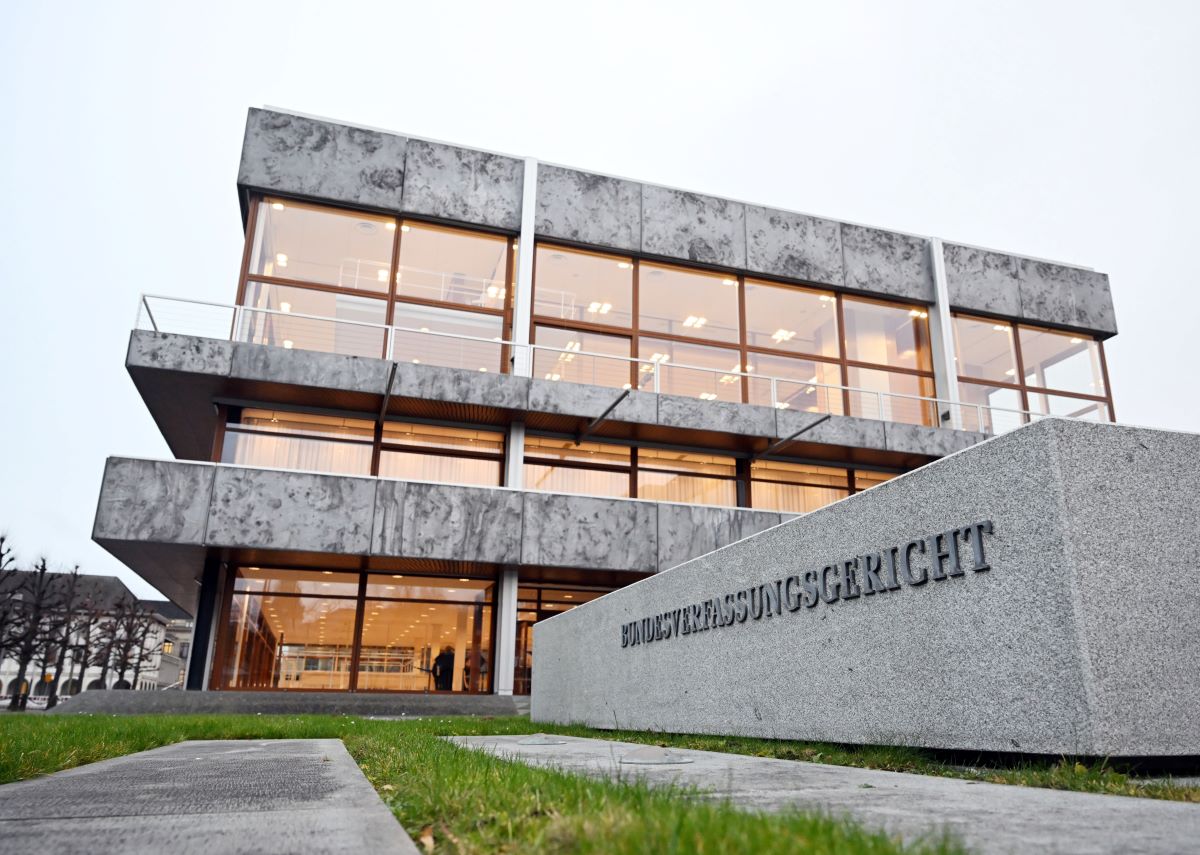How secure do you think democracy is in Germany?
Given the increasing popularity of the far-right Alternative for Germany (AfD) party in recent years, it would be understandable to feel that Germany’s democratic order may be at risk.
Indeed, the German Federal Office for the Protection of the Constitution (Bundesamt für Verfassungsschutz - BfV) classifies the party as “suspected extremist” and the German Institute for Human Rights reported that the AfD’s aim is to “eliminate the free democratic basic order”.
With the far-right party slowly but steadily gaining votes, and the leading centre-right conservative parties (CDU/CSU) having recently shown willingness to vote with them – at least on certain migration policies – some people are concerned that Germany is following a path toward authoritarianism similar to that seen about 100 years ago.
Hundreds of thousands of people have been protesting across Germany against recent political developments, voicing that they are worried about the future of democracy.
But an important point to keep in mind is that German law today has specific democratic safeguards that weren’t in place when the Nazis came to power.
Here’s why legal experts say the German constitution is designed to prevent an authoritarian regime from taking over again.
Basic Law enshrines the German democratic state
Germany’s Basic Law (Grundgesetz), which for all intents and purposes functions as the country’s constitution, specifically defines the nation as a democratic and social federal state. It was originally formulated by West German states - with assistance from allied powers - in the wake of World War II.
Notably, Basic Law is founded on the principle that "Human dignity shall be inviolable [and] to respect and protect it shall be the duty of all state authority."
READ ALSO: Grundgesetz - What does Germany's 'Basic Law' really mean?
But in terms of democratic safeguards, these are more specifically enshrined in article 20.
Article 20 states that “all state authority is derived from the people” and “it shall be exercised by the people through elections and…specific legislative, executive and judicial bodies.”

It also adds that the “legislature is bound by the constitutional order”.
In other words, the German government must remain democratic, with power ultimately belonging to the people – no single political actor or party can legally go beyond constitutional limits.
But what if the laws were changed?
German Basic Law was designed to evolve so that it could be adjusted to better serve the needs of the people as they change.
But the authors of the Basic Law were also very aware that democratic law needs defences against bad actors who would rewrite laws to empower themselves.
So German law was given an ‘eternity clause’, which is defined in article 79.
Article 79 explains how laws can be added or changed – typically through amendments that can be adopted with a two-thirds vote in both the Bundestag (German parliament) and the Bundesrat, which represents the states.
But it also states that two specific articles can not be changed: Those being article 1 which protects human dignity, and article 20 which establishes and protects the democratic order.
So the fundamental principles of human dignity, democracy and the rule of law are permanently protected and cannot be legally changed – ever.
Theoretically, even if a majority of German voters supported a referendum on these protections, it would be unconstitutional to do so.
If a future government tried to amend these laws, or violate them, the German courts would have to strike it down as unconstitutional.
What about bad actors?
So German law has strong democratic protections, but what about people who don’t care about the rule of law? Most would-be dictators don’t care much about legal limits anyway.
As an extra defence against possible tyrants, a final point included in the aforementioned article 20 says: “All Germans shall have the right to resist any person seeking to abolish this constitutional order if no other remedy is available.”
So resistance to bad faith actors who would override democracy is enshrined in German law.
In the event that the government turned authoritarian, people could protest, strike or even resist by violent force if necessary, under Basic Law.

Could the United States learn from Germany?
Basic Law’s focus on defending the democratic state is somewhat unique, compared to other democratic constitutions, such as that of the US, which is considered the first democratic constitution of its kind.
Similar to the US constitution, Germany’s Basic Law also divides power between executive, legislative and judicial bodies.
Beyond the division of powers, the US constitution focuses largely on the freedoms of individual citizens, as defined in the Bill of Rights. These include freedom of religion, freedom of press and expression, the right to bear arms, the right to a fair trial and more.
With the exception of the right to bear arms, Germany also ensures similar rights to its citizens.
But the US constitution lacks something comparable to Basic Law’s article 20.
The need for better democratic protections in the US constitution has only just become a more mainstream point of debate, as President Donald Trump has taken recent actions – including attempted executive changes to the constitution, suspending funding for key national programmes and the dismantling of federal agencies – that critics argue are illegal.
Some of Trump’s actions have already been blocked by US courts, and more are being challenged by courts, states and various agencies, but the speed at which long-held democratic norms are being undone shows why the author's of German Basic Law thought more specifically enshrined democratic protections were necessary.
If the German Chancellor or President began acting beyond their roles as defined in the Grundgesetz, it would be unconstitutional and would be expected to be immediately struck down by the German Constitutional Court (Bundesverfassungsgericht).

Comments